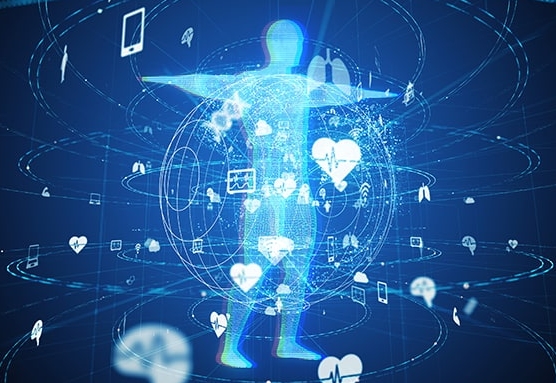Revolutionizing Healthcare: The Impact of Medical Info Tech
Advancements in medical information technology have had a profound impact on the healthcare industry. From electronic health records to telemedicine, these innovations are changing the way healthcare is delivered and improving patient outcomes.
Electronic Health Records: Streamlining Patient Care
Electronic health records (EHRs) have replaced traditional paper-based systems, allowing for faster and more accurate management of patient information. This technology enables healthcare providers to access patient records instantly, leading to better coordination of care and reduced errors.
Telemedicine: Connecting Patients and Providers
Telemedicine has revolutionized the way patients receive care, allowing them to consult with healthcare providers remotely through video calls and other digital platforms. This technology has made healthcare more accessible to those in remote areas and has reduced the need for in-person visits, saving time and money for both patients and providers.
Wearable Technology: Monitoring Health in Real-Time
Wearable technology, such as fitness trackers and smartwatches, allows individuals to monitor their health in real-time. These devices can track everything from heart rate to sleep patterns, providing valuable data that can help individuals make informed decisions about their health and well-being.
Artificial Intelligence: Improving Diagnosis and Treatment
Artificial intelligence (AI) is being used to analyze vast amounts of medical data, helping healthcare providers make more accurate diagnoses and treatment decisions. AI algorithms can identify patterns and trends in data that may not be immediately apparent to human clinicians, leading to more personalized and effective care.
The Future of Healthcare
As medical information technology continues to advance, the future of healthcare looks bright. These innovations are transforming the way healthcare is delivered, making it more efficient, accessible, and personalized than ever before. By embracing these technologies, healthcare providers can improve patient outcomes, reduce costs, and revolutionize the way we think about healthcare.

